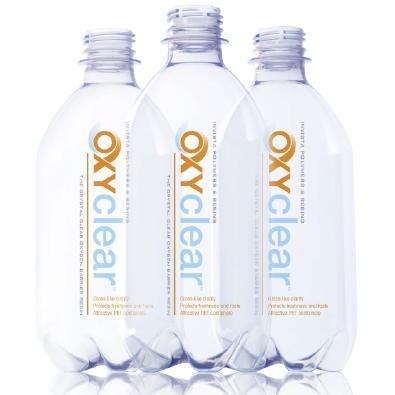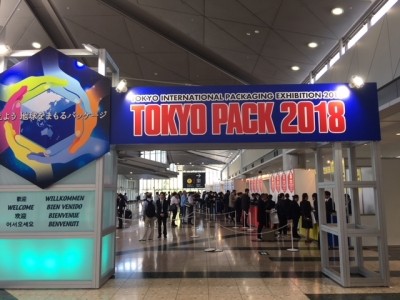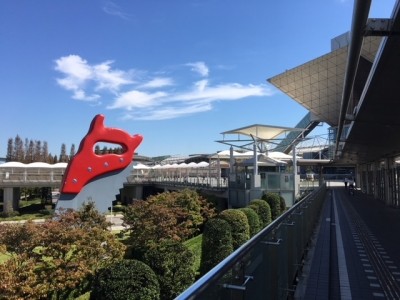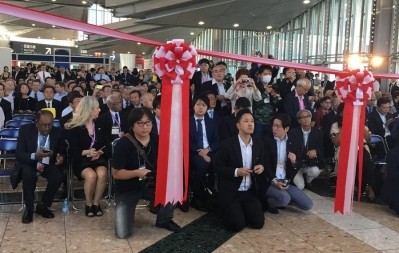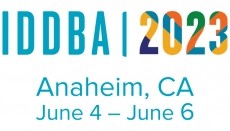Tokyo Pack 2018
How Thailand is tackling plastic packaging waste, setting the stage for future generations
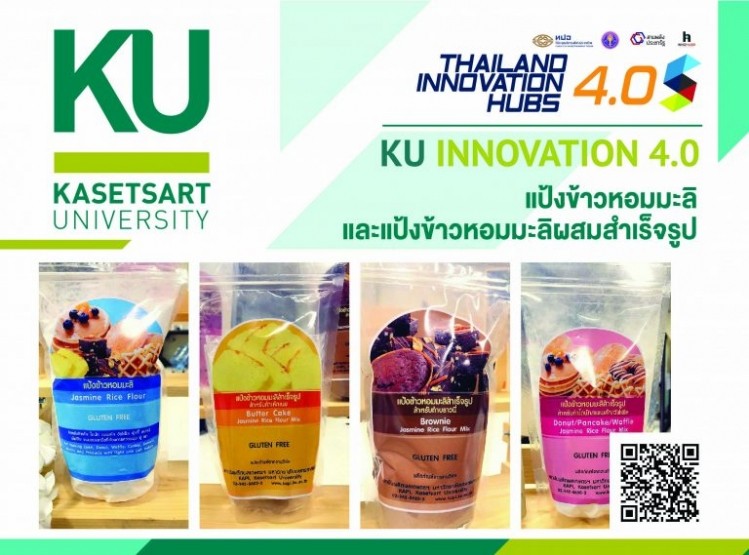
KU Green is packaging developed by Kasettart University, Bangkok, produced from Cassava for trays, cups, dish, bowls, boxes.
Cassava roots
Cassava roots in Thailand can be used to produce cassava starch for glucose for PHAs, lactic acid, PLA, succinic acid, PBS, ethanol and sorbitol.
PBS is used in cups by Amazon bio-cup, 100% degradable and reduces plastic waste by 200tons/year.
Speaking at Tokyo Pack, Japan, last week (October 2-5) Dr Pattra Maneesin, secretary general, APF (Asia Packaging Federation) and director Thai Packaging Centre (TPC) highlighted case studies where the country is reducing waste.
“We need to create more innovative packaging with sustainable resources, which reduces costs for the company. Taking on the 3R concept, reduce, reuse, recycle and produce biodegradeable and compostable packaging with and reduced carbon footprint labels,” she said.
“Reducing the carbon footprint means manufacturers can manage their ecological footprint to minimize global warming. It started in the UK with Walkers Crisps and Innocent fruit juice. Also manufacturers who want to import their products into France need to show their carbon footprint label beforehand.”
According to Maneesin, Thailand has already taken steps to reduce packaging waste, for example Coca-Cola has made the top of its cans smaller in width and Dannon has removed the plastic lid and uses only foil on plastic yogurt cups.
PepsiCo
She said PepsiCo has cut 20% material from a half-liter PET bottle for several of its non-carbonated brands such as Lipton Tea and Thailand now uses lightweight, squeezable bottles for water with smaller caps and removable paper labels by Nestle.
Another example is Maxim coffee which is sold in a glass bottle comes with a stand-up zipper pouch refill.
Highlighting case studies for Reuse; Maneesin said Thailand has launched Returnable Plastic Crate (RPC) trays for fresh fruits and vegetables to display in supermarkets, to reduce one-way packaging waste.
The crates are collected and cleaned prior to putting new produce inside and carbonated beverages are sold in returnable glass bottles using a deposit system, also the thickness and weight of the bottle has been decreased.
“We have a big problem in Thailand separating paper from plastic and the different types of materials. So we have started to use numerous symbols so people know how to separate and manage their products in different ways, ie Taiwan recycling system,” added Maneesin.
“Microwaveable CPET trays for ConAgra’s healthy Choice and other frozen meals now use between 30-40% post-consumer recycled material. We also have a system to recycle monolith containers.”
